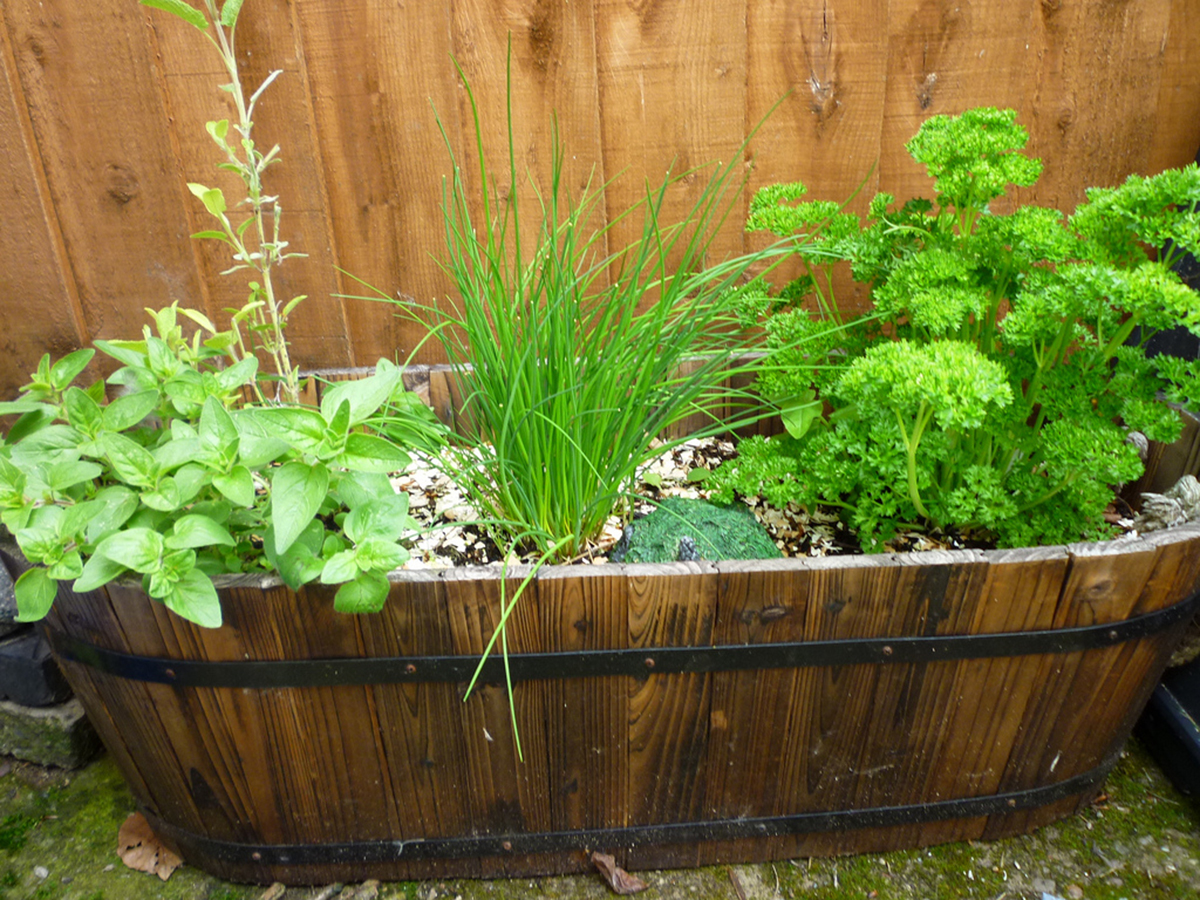"Our England is a garden, and such gardens are not made by singing: 'Oh, how beautiful!' and sitting in the shade," Rudyard Kipling, the author of the famous Jungle Book, wrote, adding that "the Glory of the Garden lies in more than meets the eye". Appreciating a good garden is certainly a pleasant experience, but the real magic can be found only when getting down onto your knees and helping create one.
Gardeners have been saying it for years: digging in the dirt and planting things keeps the mind refreshed and the body young. A gardener myself, I couldn't agree more. Don't take my word for it, though, as a rather interesting body of research on the health benefits of gardening has now emerged. That, too, has its limits of course.

It's Official: Gardening Offers Excellent Stress Relief
"Obviously," you may think to yourself. Gardening is a leisure activity, a hobby, that many people pick up. Everyone knows that taking a break from the daily drag by engaging in activities you enjoy is going to relieve stress. Is that all there is to it, though?
READ How To Make Your Own Elder Flower Wine
Researchers from the Netherlands recruited 30 study subjects and induced stress in them by subjecting them to a Stroop test, something widely used in experimental psychology and essentially designed to confuse the brain. They were then assigned allotment gardens, which came with a little house near the plots. Some participants were asked to go read something indoors, while others were asked to spend some time gardening.
The researchers concluded:
"Salivary cortisol levels and self-reported mood were repeatedly measured. Gardening and reading each led to decreases in cortisol during the recovery period, but decreases were significantly stronger in the gardening group. Positive mood was fully restored after gardening, but further deteriorated during reading."
Keep in mind that we are talking not about people who already knew they enjoyed gardening and chose it freely, but about randomly assigned study subjects here, as well as that we aren't talking about subjectively reported feelings of stress relief, but scientifically-measured lower stress levels!
Stating The Obvious: Gardening Gives You Exercise
The many different activities that can be involved in gardening, from weeding and planting to mowing the lawn, raking leaves, and trimming bushes and trees, engage numerous muscle groups throughout the body. While gardening, you'll assume countless different postures, get in plenty of walking, and get up and down many times. While not all types of gardening will give you the same awesome workout you might get the gym, it certainly can — as long as you're doing all the activities needed to keep a garden in good shape, and not just a few of them.
What's more, gardening also keeps hand strength and dexterity strong — a whole other kind of exercise!
More Wonderful Health Benefits Of Gardening
How Gardening Benefits People With Mental Illness
Spending time outdoors in general has been found to improve mood in people suffering from depression, as well as leading to an overall lower risk of mental health challenges in anyone at all — and gardening, of course, is mostly done outside. Gardening offers more mental health benefits than "just" spending time in the Great Outdoors, however.
A Norwegian study of people suffering from bipolar disorder, depression and general low mood demonstrated that gardening was able to boost the participants' mental health greatly, allowing them to form strong team bonds and increasing the social interactions people with mood disorders often struggle with. The benefits, the study demonstrated, lasted well beyond the research period.

A long-term study of senior citizens who were dementia-free at the time of commencement also showed that gardening reduced people's risk of developing dementia by a whopping 36 percent, even after controlling for other factors, leading the study team to conclude that daily gardening is especially beneficial for elderly individuals hoping to reduce their risk of dementia.
What's more, there's other evidence around suggesting both that gardening benefits war veterans suffering from Post Traumatic Stress Disorder, and that gardening programs within correctional facilities can help convicts turn their inner and social worlds around.
Pretty amazing, no?
Gardening Fosters A Primal Connection With Nature
Yeah, yeah, I know: we're squarely stepping outside the realm of science and entering "woo" territory here. Still, it's got to be mentioned. Every gardener I've ever spoken to, and they're sure not all crunchy granola types, concurs that gardening fosters a primal connection with nature that's hard to put into words yet too important to neglect to talk about.
READ Foraging For Fresh Food: A Beginners' Guide
By sticking your hands in the soil, participating in nature's life cycle, and being physically connected with those aspects of being humans on this green Earth, you're gaining something special. No longer a mere spectator, you are now playing an active part in nature. Gardening will no doubt offer you a new respect for the Earth, as well as the role we humans can play in transforming it.
Gardening is a powerful and yet humbling experience, something that doesn't quite match up to anything else. Whether you are seeking to escape the old rat race for a while to simply relax, you're looking into growing your own food to feed your family, or you want to save money on landscape gardeners by doing the job yourself, don't be surprised if gardening transforms not just your garden, but you, too.
- Infographic by SteadyHealth.com
- Photo courtesy of katemonkey: www.flickr.com/photos/katemonkey/4603835368/

